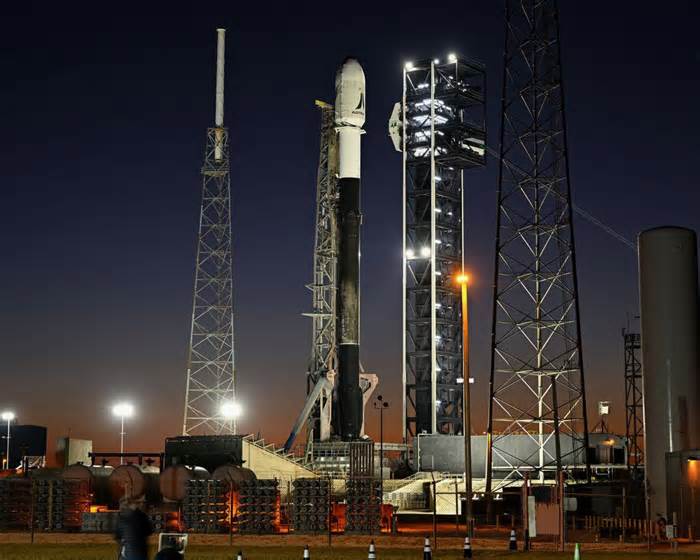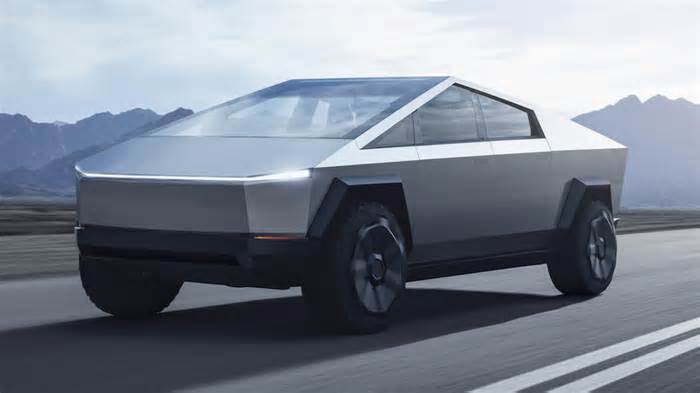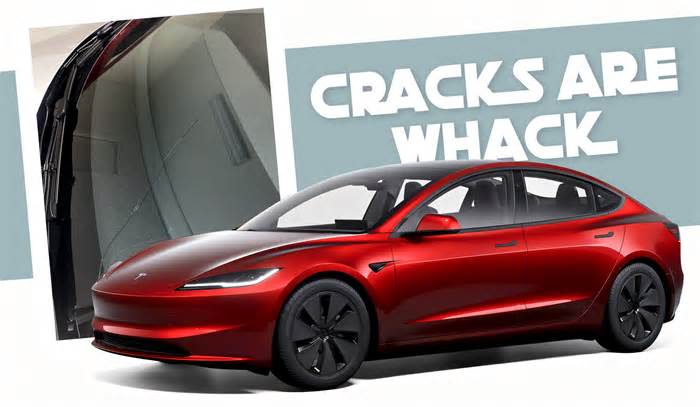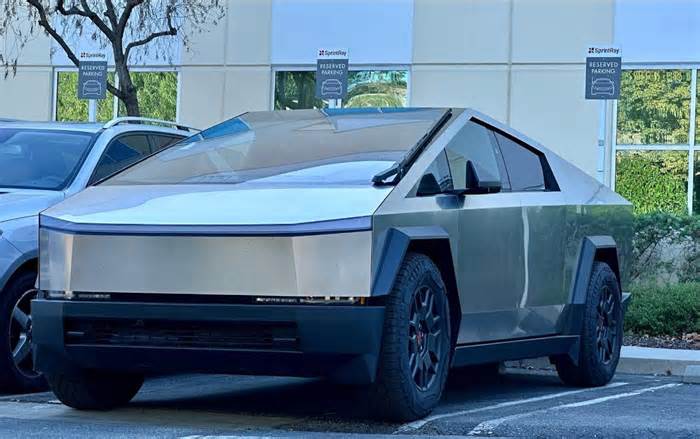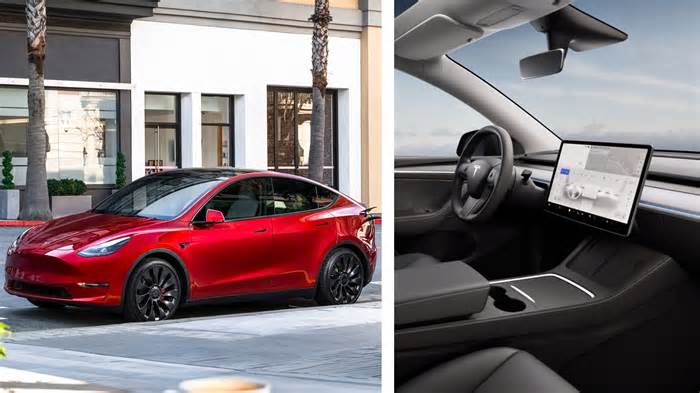
How Blue Tick Content Farms Ruined Twitter
- by Forbes
- Sep 15, 2024
- 0 Comments
- 0 Likes Flag 0 Of 5

U.S. May Get Northern Lights On Monday Night As ‘Strong’ Aurora Predicted
What he offered users who signed up was a wide range of benefits, with the two most important for this piece being post prioritization and advert revenue sharing. To put that another way, people who run Twitter/X Premium accounts have their posts seen by more users and get a cut of ads on the platform.
The move that was meant to save Twitter, destroyed it. Not only because it was ineffective (between 2023 and 2023, Twitter lost $1.5 billion in ad revenue and only gained $0.5 billion in subscriptions and data licensing combined), but also because it led to the explosion of Blue Tick content farms.
What Is A Blue Tick Content Farm?
If you’ve spent any time on the For You page on Twitter (or X) over the past few years, you will have come across these accounts. Effectively, they have names like “non aesthetic things” or “NO CONTEXT HUMANS” or “internet hall of fame”—and their entire existence is about getting views.
The way they go about it is by reposting old, low-quality videos or photos ripped from YouTube, TikTok or other social media platforms. It’s the lowest common denominator, and, combined with a new algorithm that prioritizes this sort of content, many have amassed millions of followers.
Their goal isn’t to inform, challenge, or debate, instead it’s to get as many eyeballs on content as possible and make money from it—something that Twitter/X Premium encourages them to do, as to become eligible for ad revenue sharing, accounts need at least 5 million organic impressions in the previous three months.
Twitter, then, helps these content farms achieve wide reach, and then rewards them for it.
In trying to save itself financially with Premium, instead the company created a monster and ruined the experience of browsing Twitter/X.
But How Have Content Farms Ruined Twitter? And What Does It Mean For The Internet?
In the minds of many, Twitter was the most creative and important place on the internet. Here, politicians and pranksters had equal weight, serious policy and society-defining jokes were birthed, and internet culture was shaped. The site played a key role in the Arab Spring while also being the birthplace of the Milkshake Duck meme.
It was on the bleeding edge of discourse. Twitter may have not had the most users, but the things that happened there were genuinely important. Yes, it could be messy and strange, but so is humanity. Twitter was a global extension of the conversations we had together.
The site today is totally different. The posts getting traction aren’t cutting edge memes or political discourse, they’re clickbait videos. An endless deluge of them.
On the surface this isn’t a bad thing. There’s nothing wrong with cheap entertainment and funny videos—Instagram Reels has built an entire business on this strategy. The issue is that this shouldn't be what Twitter does.
For years, Twitter played a vital role in the online world: a worldwide place for discourse, serious or otherwise. There is no real alternative or replacement. The barrier to entry of TikTok is too high, Instagram doesn’t work well with text and there simply aren’t enough people on BlueSky. What made Twitter important has vanished. The premier place for online debate, a forum where new ideas could spring up has been defanged. Bots now rule.
Twitter used to be an entirely different beast. (Photo illustration by Christopher Furlong/Getty
... [+] Images)
Please first to comment
Related Post
Stay Connected
Tweets by elonmuskTo get the latest tweets please make sure you are logged in on X on this browser.
Sponsored
Popular Post
tesla Model 3 Owner Nearly Stung With $1,700 Bill For Windshield Crack After Delivery
33 ViewsDec 28 ,2024
Middle-Aged Dentist Bought a Tesla Cybertruck, Now He Gets All the Attention He Wanted
32 ViewsNov 23 ,2024







 Energy
Energy




